|
Thanks to Netgalley for my complimentary ARC of this book which I used for my review & to Kensington Publishing for my complimentary hard-copy; all opinions provided are my own.
Kate Clayborn’s Love Lettering is unapologetically modern but oh my gosh, if it doesn’t give me some of those 90s Meg Ryan movie vibes (read: peak cinematic rom com period as far as I’m concerned). See the checklist below: ⭐️A quirky heroine who’s confronted with the where-do-I-go-now-when-the-artistic-space-I’ve-created-for-myself-is-threatened question. (spoiler alert: have no fear! She’ll figure it out!) ⭐️A corporate hero (in Clayborn's case--and in a lot of rom com cases--hero maybe doesn’t always take the time to stop and appreciate what’s around him…literally). ⭐️A big city, where fresh things and old things sit side by side on crowded streets, and it’s all chaotic and beautiful and alive (note: it might require the right person to show you how to see it). There’s so much goodness in Love Lettering, from its sunshine-y heroine and reserved hero with a “double-take face” to its treatment of female friendship (necessary! Also complicated! Also salvageable, changeable, and forgiving); from its premise to its Epilogue, which is put-a-smile-upon-your-face delightful. But let’s start with the plot. Meg Mackworth has made a name for herself as a designer of largely “whimsical” wedding invitations, planners, etc. But she’s got a little problem: sometimes she puts hidden messages in her work, and it comes back to bite her when one of her previous clients, a Wall Street type named Reid Sutherland, confronts her about his wedding invitation which she created almost one year before. Reid’s confrontation comes at a moment when Meg’s experiencing a crisis of faith about her abilities, inspiration, and overall career, and after an awkward reunion—where it’s clear that they’re both at a crossroads of sorts—they make an arrangement to walk around NYC together, looking at the hand-lettered “signs” (literal and metaphorical) that surround them. When I describe Clayborn’s books, I feel like I constantly rely on adjectives like “lovely” but that’s because they are. They’re emotionally sensitive and astute, and the moments when the characters reveal the tender, secret parts of themselves are so beautifully done that you feel it in every word. In a lot of ways, Clayborn’s books themselves feel full of “signs”—they’re full of little details that make them special, that can be savored again and again. Here, she writes a heroine who’s passionate and emotional and utterly distinctive, and a hero who will capture your heart with his sensitivity and willingness to be vulnerable. (Don’t let the suit fool you.) But despite their general amazingness, neither character is capable of fully fixing every problem facing them by the novel’s conclusion, and that’s part of what makes this love story extra admirable and sweet. Because you know, life isn’t really like that; all problems aren't magically solved by falling in love. Love Lettering doesn’t feel flashy to me. In fact, there were times when the book felt understated in a way that I mostly enjoyed but that occasionally mildly disconcerted. (I blame the string of romantic suspense books I've been reading lately for this response.) But maybe the best part of my reading experience (and a sign of a great book)? I’m confident that—as much as I enjoyed it this time around—and did I ever—this feels like one that’ll only become richer with re-reads, when I’ll pick up on those “signs” I missed the first time around, and when I can luxuriate again in the world—the love story—that Clayborn puts on the page. 4.5 ⭐️
0 Comments
Thanks to Netgalley for my complimentary ARC of this book. All opinions provided are my own.
The stars aligned earlier this week and I was gifted a copy of Kelly Bowen’s novella Night of the Scoundrel when I needed it most. Featuring her long-mysterious character King as lead, Scoundrel starts with a rush as he watches a beautiful woman expertly take down her foes with a rapier and a knife in an alleyway. The woman is known as Adrestia (real name: Adeline), and she’s come to achieve justice for one of her clients. That’s what she does. Shortly thereafter King is confronted with the worst part of his awful past and he hires Adeline to get justice for him. Easy enough, right?, especially since he knows who deserves the justice coming for him and where the man is. But to King’s dismay/discomfort/fear, though he’s done everything he can to bury his past none of those skeletons want to stay buried when Adeline starts her investigation. Suddenly the hard-won control he has over his life seems threatened from every angle. This novella is just wonderful. Scoundrel gave me all the warm fuzzies on a day when I really needed them, and as I followed the magnetic story of King and Adeline I was reminded again of how lovely a writer Kelly Bowen is. Both King and Adeline are impenetrable, unfathomable forces of nature to others, and the most exquisite moments of Scoundrel are when they let down their guard for one another. The passion that circuits between them is so well done, but even more hit-you-in-the-heart is a beautiful moment when King holds her while they sleep. Do you see the potential for loveliness, here? Scoundrel had that enviable balance of strength and sweetness—the skirmishes and the kisses—the pain and the hope—that I adore in a story working its way to a HEA, and I loved it. 4.5 ⭐️ I received a complimentary ARC of this book from Netgalley but all opinions provided are my own.
I can’t say that I remember reading any books set in Antarctica before, much less a searing romance that features one of my favorite combinations: a grumpy, taciturn hero and a “sunshine” heroine who’s friends with everyone…but the hero. The fact is that despite my extreme aversion to the cold—I usually try to walk around in head to toe fleece in the winter—Adriana Anders’s Pole romance Whiteout has everything that I want: the fantastic tension of that aforementioned grumpy/sunshine dynamic; a keen sense of bated-breath suspense, given that the stakes are life and death and the latter seems all too easy to imagine with an Antarctica survival story; and a distinctive writing style that makes even something like the endless white and sometimes gray/sometimes blue expanse of Antarctica—the ice and the rush and the despair, the way such an inhospitable environment can bring a grumpy hero and a sunshine heroine together—feel fresh and new, even as said hero and heroine spend day after day trekking across it. Simply put, this book is amazing, and I loved every minute of it. Cook Angel Smith accepted a position at the Burke-Ruhe Research Station in the South Pole after her life fell apart. She’s drawn to the grumpiest person in the camp, researcher Dr. Ford Cooper, whom she’s privately christened Ice Man. Despite her attraction (which grumpy hero Ford secretly reciprocates but will never act upon), Angel has every intention on saying goodbye to the station and heading back home, only she misses the plane out and witnesses a murder instead. Suddenly, she and Ford are allies, the only people left at the station who can possibly prevent the villains in the story from a nefarious plot involving something-which-will-not-be-named-because-spoilers. In their desperation they set out across the landscape, knowing that with every step they’re probably walking closer, and not farther away, from death. Whiteout’s full of twists and turns, it’s intense and even stressful at times, and all of it’s blissfully rewarding for the reader. It’s also full of passion and sweetness, the latter of which is particularly powerful because Ford doesn’t really have those soft/protective instincts for anyone but Angel, and he’s all too willing to do whatever it takes to keep her safe. He’s the ice-bound bodyguard she's (you’ve) always wanted. Whiteout was a complete surprise for me, and I. can’t. wait. to. read. more. (Seriously, when can I read more?) 5 ⭐️ I received a complimentary ARC of this book from Netgalley but all opinions provided are my own.
I’ve heard a lot of buzz about John Boyne’s The Heart’s Invisible Furies and at the end of last week, I took a break from the romances I’ve been devouring and dove in. The story—which spans 70 years—is plainly but powerfully told, each section focusing on Cyril Avery’s life as he moves geographically from Ireland to Amsterdam to the United States and back home again, and more importantly, from a life of devastating secrets to a life where he lives as he is: a gay Irish man who’s made some big mistakes and been in love and tries to be better all the time. Each section of the book focuses on Cyril’s life 7 years later from the previous section. We get his tumultuous birth in 1945, told from information he received later from his mother, his odd and sad childhood years as the adopted child of an unconventional—to say the least—couple, and the first moments he met Julian Woodbead, the child who becomes Cyril’s best friend and then the man Cyril loves throughout his adolescence and most of his 20s. Since this book goes up to 2015 we get much, much more of course, from Cyril’s furtive sexual encounters in Ireland in the dark, to the lengths he’s willing to go to in order to hide his sexuality, and how it ends up hurting the people he cares about most. Also his years of embracing who he is and how those are sometimes threatened too. And throughout it all is Ireland, a country that’s tragic and that’s home, that Cyril misses even as he acknowledges how damaging it was for him to grow up there when he did. Ireland holds the weight of his and other’s secrets, but it also holds Cyril’s potential chance to make amends and to live a life where he’s truly not hiding anymore. Dedicated to John Irving, The Heart’s Invisible Furies feels comparable to Irving’s books I’ve read, from the style in which the story’s relayed to the moments of humor, which break up the quiet and not-so-quiet moments of sadness. Maybe it’s most similar in how it portrays the characters themselves, who are magnetic and entertaining and frustrating and disheartening (sometimes vaguely repulsive) and loveable. Take Cyril himself, who sometimes comes across as the “selfish” person he’s been accused of being, but who also has a huge heart that’s been bruised and crushed and denied, and whose actions are sometimes horrible but also, to some degree, maybe understandable, given his lifetime of hiding/lying/being ignored. In the end, this book is about Cyril’s life, and it felt true to what I’ve discovered about life: there’s capacity for great ugliness, cruelty, and violence, but there’s also capacity for great forgiveness, hope, and love. There’s also the chance to apologize and work to be better, and that’s one of the most encouraging things of all. 4.5 ⭐️ 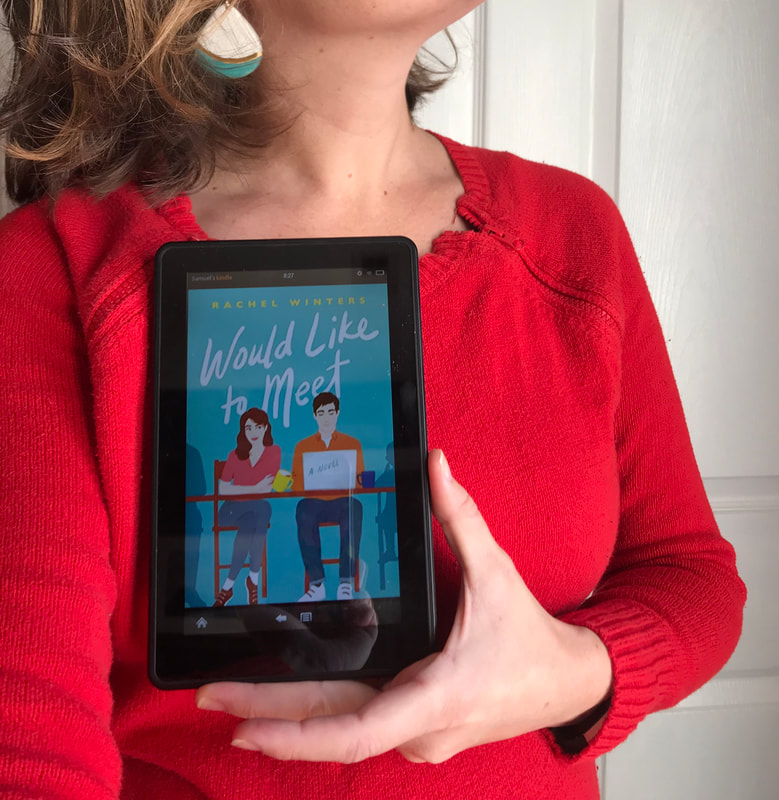 I received a complimentary ARC of this book from Netgalley but all opinions provided are my own. INT: Jessica C.’s house, a white ranch set off the road. Picture a house that looks well-lived in and loved and also cluttered with discarded kid-related things/suffering from some unfortunate design decisions made in the 90s. The darkened house is lit by the glow of a Christmas tree. A bowl of milk speckled with Cap’n Crunch crumbs at her side, heavily pregnant Jessica C. contemplates going back to sleep, the errands she should run today, and whether her own love story (of repeatedly forcing a borderline antisocial man to talk to her until he gave up the fight and acquiesced to be her partner) is a meet-cute. (She knows it is not.) But she’s feeling particularly proud to be part of the human race this morning, and besides that, she’s still feeling the glow of the lovely Would Like to Meet by Rachel Winters, which had an ending that could only be called adorable. Noise in the background. Someone’s yelled. Jessica’s head springs up alarmingly fast from its focus on the computer. Jessica: Oh shit. Baby’s waking. **CUT** I’m a hugeeeeee fan of the rom-com. And I’m not even that particular. Basically give me any movie with a vaguely romantic storyline and I’m happy. Woman fakes that she’s the fiancée of a man she’s never talked to who’s also in a coma? Two thumbs up! Female FBI agent has to get a makeover before the hot-kinda-asshole-ish coworker notices her in a positive way? Okayyyyy! Just make sure you give her some good music to walk out to post-makeover and end the scene with a funny reminder that deep down, she hasn’t changed. She’s beautiful and awkward! So Rachel Winters’s Would Like to Meet is a kind of catnip for me. An astute, hilarious rom-com with an irrepressible heroine who has her own distinct style? Sign me up. Evie Summers is an assistant agent who aspires to be an agent and secretly aspires to be a screenwriter. But she gave up her dreams after receiving some devastating criticism years before, and now she plugs away helping her boss with his clients. Said boss is super lazy and also incompetent (among other things), but hints that she’ll be up for a promotion if she can get their prize client—an Oscar-winning screenwriter—to finish the rom-com he’s already been paid to write. Ezra is the Oscar-winning screenwriter. He’s a jerk. But he might have hidden depths. But he’s also a jerk. Evie and Ezra make an arrangement: she’ll reenact a series of meet-cutes from famous rom-coms to see if it’s really possible to meet your one and only in one of those ways, and after each one, she’ll send Ezra a report of what happened. He’ll work on his rom-com script and indirectly ensure that not only does the place where Evie works stay afloat, but she’ll get a promotion. Along the way, Evie’s helped by widower, single dad, and talented former photographer Ben, who makes it obvious that he looks down on her meet-cute project. I should say that usually love triangle plots don’t work for me. But it’s pretty well done here. The pacing of both relationships, the way that Evie’s writing renaissance is linked to her meet-cute mission, and the way that her meet-cute mission is linked to her ability to keep her job, make it successful. Throughout the book there are times when I get vaguely annoyed/frustrated with Evie—sometimes I wanted her to throw a drink in a certain someone’s face/go a little farther in discouraging the person—but I could deal because of the aforementioned reasons. Also, because this book is freaking funny. Evie gets herself into some really embarrassing situations but she’s resilient, positive (but not in an annoying way), and resourceful, and she lights the book up. Her friends are equally amazing. The friendship quartet that Winters creates is fantastic; it’s a no holds barred kind of friendship with LOL-moments and cringe-worthy moments; the friends are sometimes selfish and self-absorbed but also loving and hilarious and generous and all too human. In its capacity to let people be people, Would Like to Meet feels Bridget Jones-esque in some ways. Though one aspect of this plot seems kind of obvious to me throughout the book, and there was at least one scene when I thought, Evie, are you kidding me?! (and not in a good way), most of it’s a delight, from the chapter openings—which look like they’re taken from a script, to any scene with Ben’s daughter Anette. Would Like to Meet is fizzy and sparkly and joyful, but it’s also substantive. These are people with some real struggles, even if they’re often in some ridiculous situations. And the ending is pure loveliness. I’m sure I had the biggest smile on my face, but really, read the book and tell me if you blame me. In Would Like to Meet, Evie stands up for herself and is reminded of what makes her happy. She also finds her HEA…and luckily for us, not in the way she expected. This is kind of a hard one to rate, but I'm ultimately going with 4.5 ⭐️ because what's good here is so good, and reading this book was a happiness-inducing experience. I received a complimentary ARC of this book from Netgalley but all opinions provided are my own.
In American Love Story Adriana Herrera takes two lovers and writes them into a world that wrestles with the questions that feel all too-familiar in our IRL life: what does “driving as a black man” mean and necessitate? What is the experience of living in the United States as a black man? And what does that kind of hyper-vigilance, strategizing, and of course, the anger, resentment, frustration, sadness, etc. engendered by both, do to a relationship between a black man and a white man of privilege? Patrice is a Haitian refugee who’s lived in the US since the age of 6. Now a college professor at Cornell, he’s also known for his activism and is a well-known contributor to Black Twitter. Easton is an ADA who chose the difficult life of a prosecutor, despite the fact that he comes from a very wealthy background. He cares about the issues that Patrice cares about, but he’s also mindful of his role as an ADA who doesn’t/can’t speak for his whole department and he’s self-conscious of his own uncertainty regarding what to do and say. One year ago, they set the sheets on fire. Now, after Patrice has moved to Ithaca, he and Easton must face not only their baggage, but also the critical issues within the community that could very well divide them. Key among them is driving while black. Members of the local police department are stopping men of color for slight speeding incidents and then harassing and treating them offensively, and Patrice, Easton, and others don’t doubt that the events are racially motivated. American Love Story is a romance that we need. It’s a story that really hits me, as I’ve tried to understand my own white privilege more and how my armchair outrage isn’t enough at the best of times, much less the worst. Easton means well, but he’s reminded (as I was) that that doesn’t really mean anything, not when people within a community are (and feel) targeted, threatened, and oppressed based on how others perceive their skin complexion—or on the basis of anything at all. As he learns, action is required. Herrera offers so much wisdom within this romance, like this line: “A black man had to always think about the space he was in,” which smacked me right in the gut. She also tackles the topic of emotional pain itself in a stunning way, and none of those powerful words and ideas detract from the passionate and exciting relationship between Patrice and Easton, which moves forward with wonderful steam even in the midst of the turbulent events they’re trying to navigate. 4.25 ⭐️ out of 5. |
About me.Give me that HEA, please.
Join my mailing list.Want to receive a weekly email with links to my latest blog posts? Sign up below!
Archives
April 2024
Categories
All
|
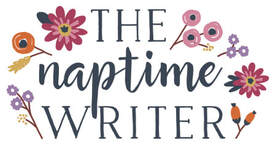
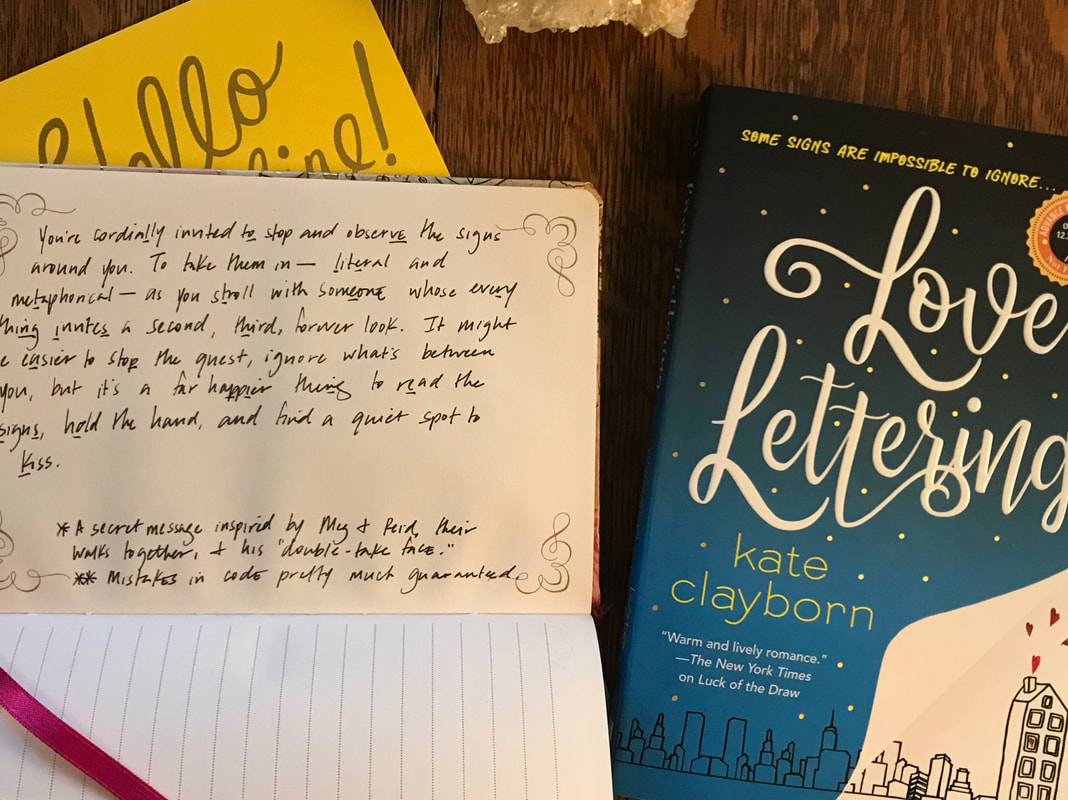
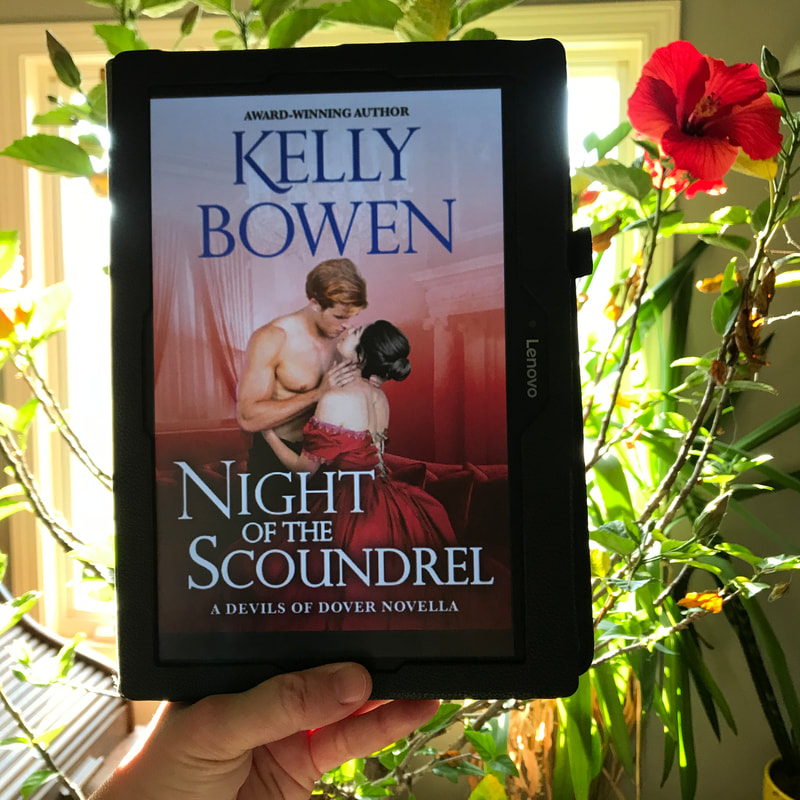
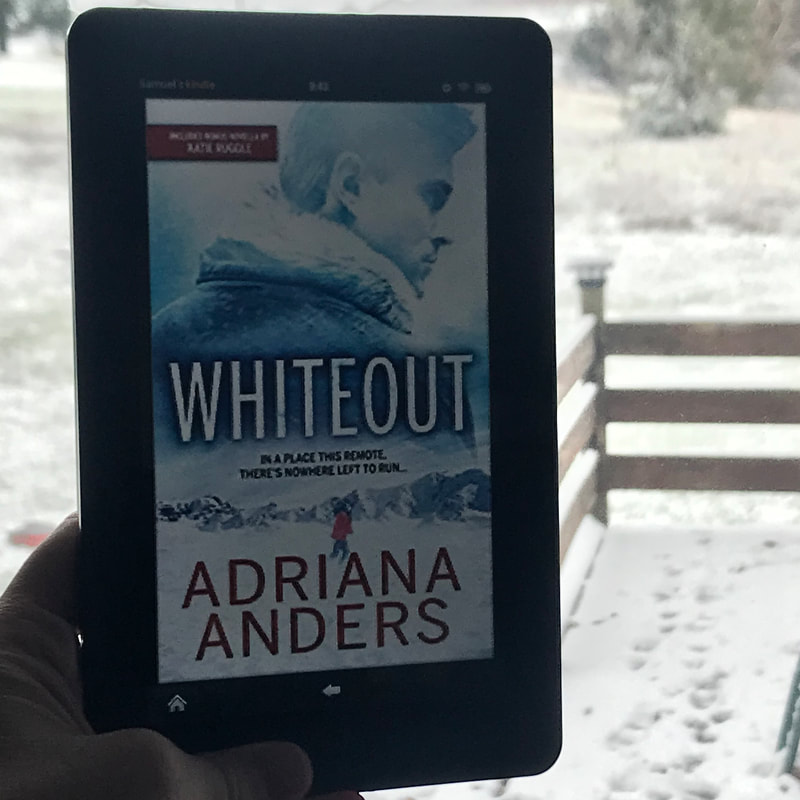
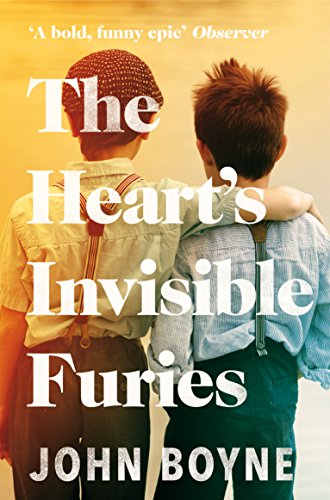
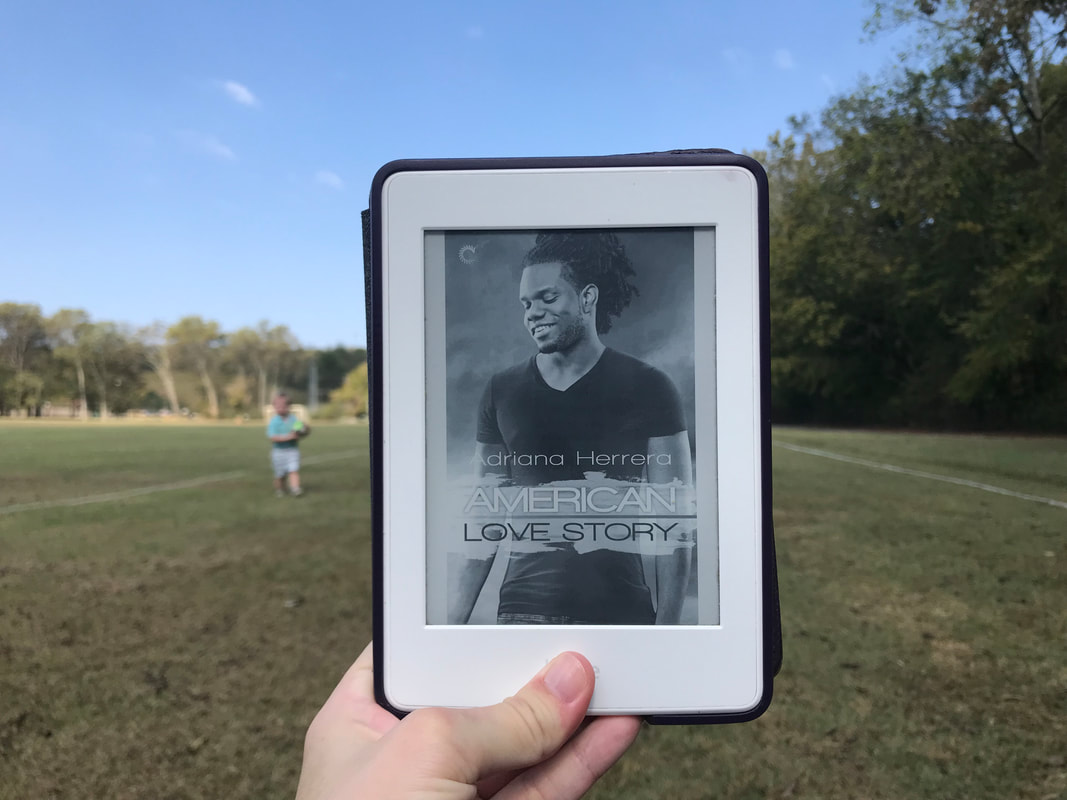
 RSS Feed
RSS Feed
